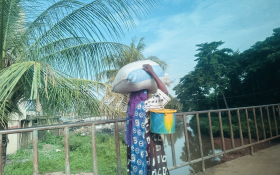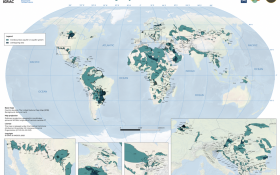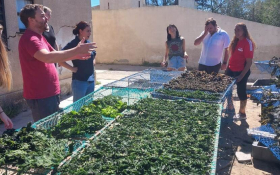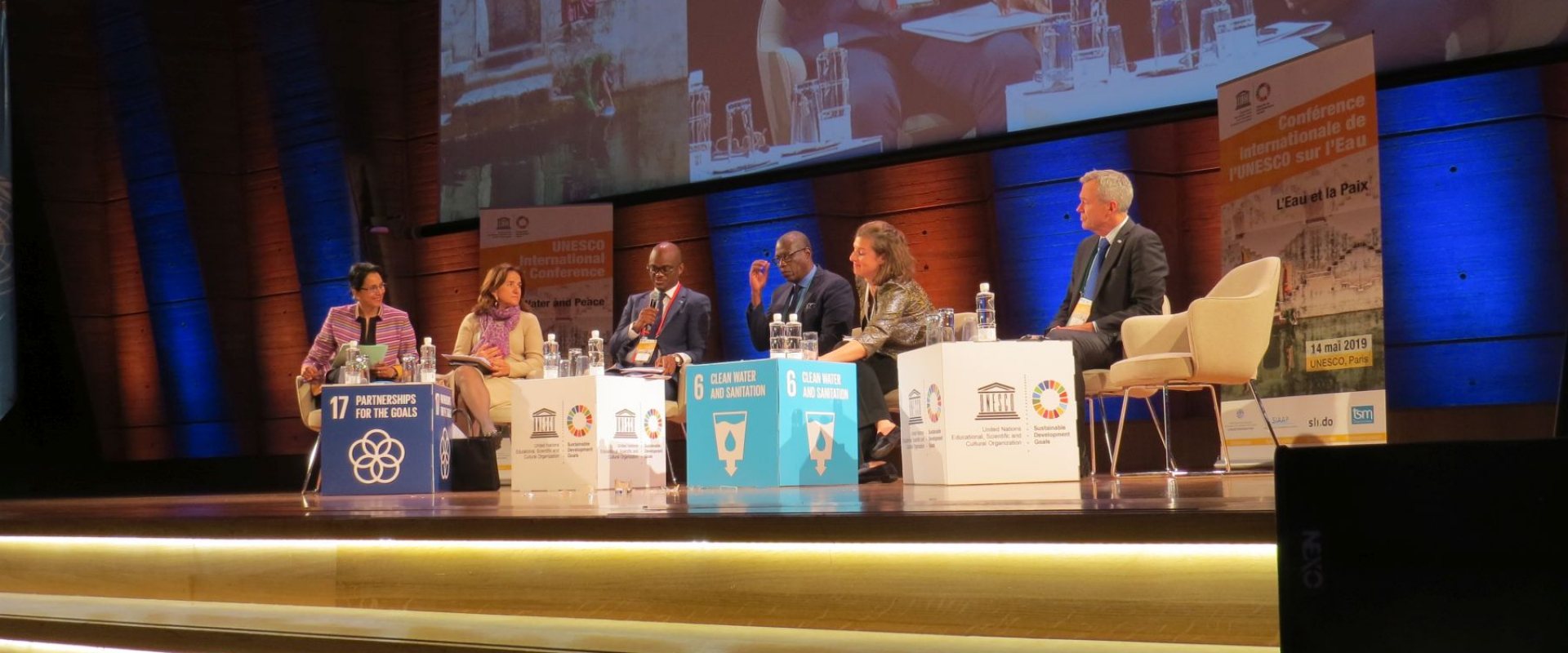
UNESCO Water Conference: Expansion hydropower looms, impact on African rivers
'Water for all', but the same goes for ‘electricity for all’. The huge potential of hydropower in Africa was a central theme at the Unesco International Water Conference in Paris.
Dams in Africa’s transboundary rivers often cause tensions between the riparian states. So if Africa opts for ‘electricity for all’ many more dams will be build and therefore river basin management and water diplomacy will become more important. This surfaced in several expert panels at the conference.
Reliable data on river flows and strong mandates for river commissions can help to overcome distrust between states and local communities that are affected by hydropower dams. The UNESCO Conference drew 900 delegates from 126 countries. It took place on 13 and 14 May.
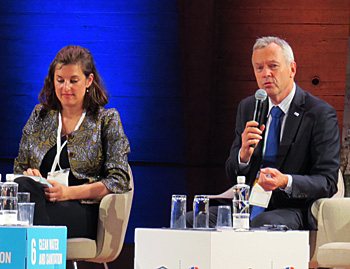

Intercontinental power grid
Africa has several large river, such as Nile, Niger, Congo and Zambezi, that hold a huge potential for additional hydropower. At the UNESCO-conference a large Chinese delegation unfolded a megaplan to build a huge global electricity grid that connects Asia, Africa and Europa.
An important input to this grid, could be solar, wind and hydro energy from Africa, the Chinese delegations proposed. One of Africa's four major rivers, the Congo river, playes a central role in the Chinese plan that was presented.
Free river flow
In a closing panel discussion on the global water and energy issues (on top photo), high-commissioner Hamed Diana Semaga of the Organisation for the development of the Senegal River (OMVS) urged for more transparency and open dialogues on the development of Africa’s transboundary rivers.
After 47 years his organisation is still standing, he highlighted. A big achievement as it has no legal status, Semaga proudly added. He advocated a stronger mandate for river commissions, to secure the sovereignty of a river to flow freely.
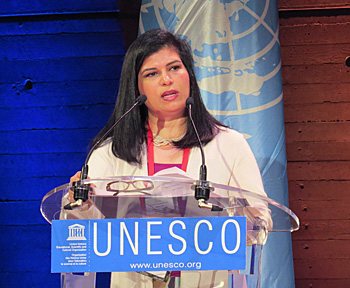

Informal meetings
Martina Klimes of the Stockholm International Water Institute mentioned the importance of informal meetings. Both her institute, as well as the IHE Delft institute, regularly organise informal meetings between riparian state to ease the tensions and seek possible solutions. “As African hydropower looms, there will be much distrust at formal settings”, she predicted.
Rector Eddy Moors of IHE Delft called for organisations to bring more hydrological knowledge to the table when riparian state discuss their transboundary rivers. He referred to special workshops for students at his institute where they learn to deal with complex water issues, that involve important social-economic aspects.
Moors added that hydropower can also be an enabler to ease tensions. “The tensions over transboundary rivers are mainly rooted in uncertainty and lack of knowledge of hydrological consequences”, he pointed out. “Bringing in the potential of electricity can give a new dimension to break through impasse caused by hydrologists”.
